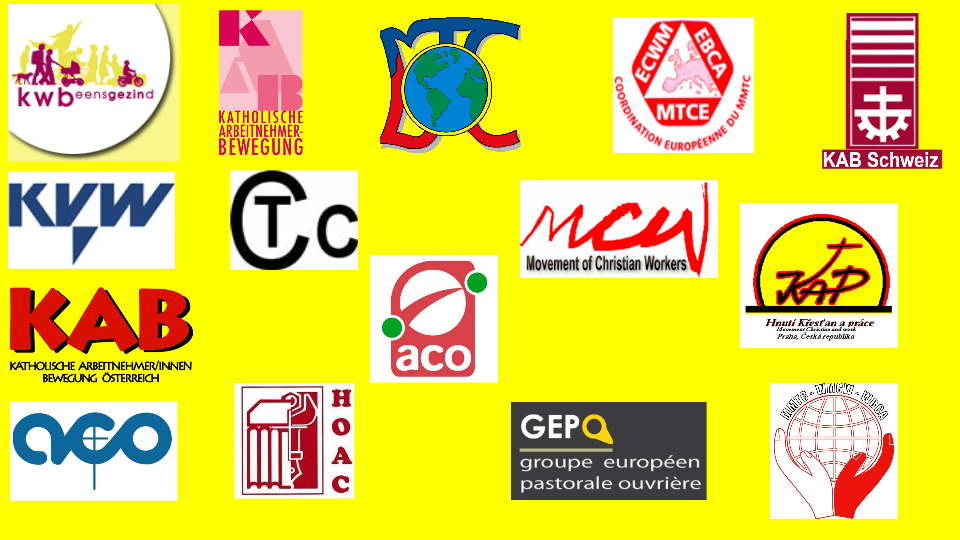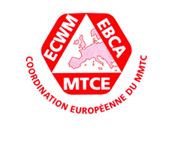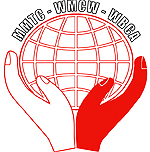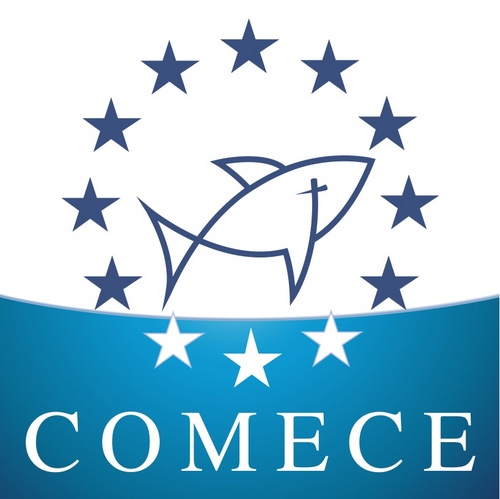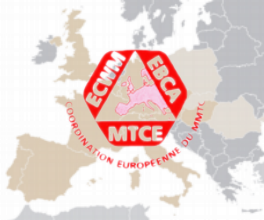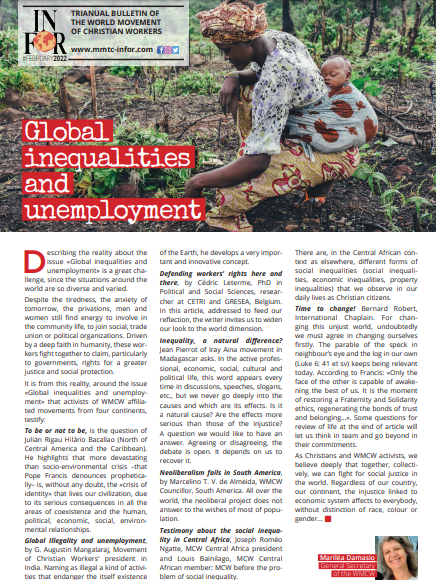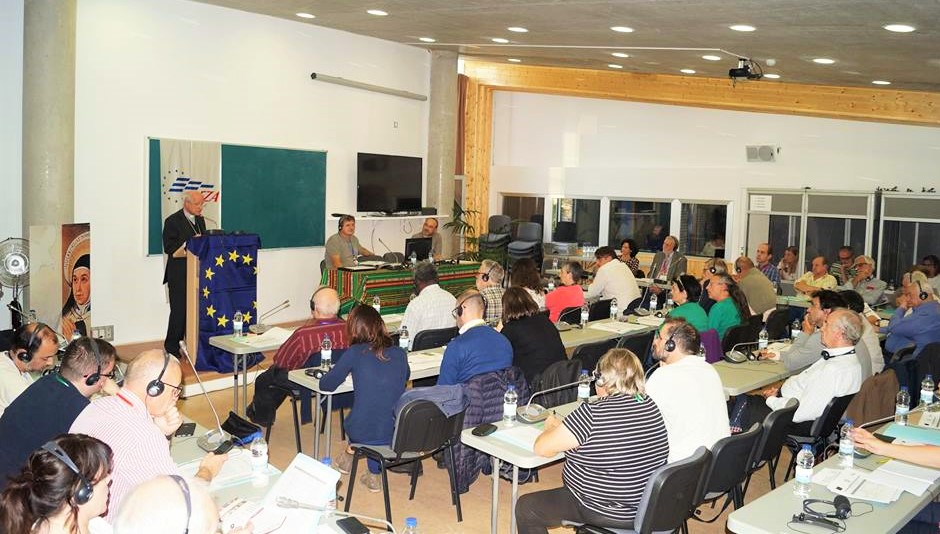
Final declaration of the Seminar of the European Christian Workers Movement
We, movements of Christian workers from all over Europe, met in Avila from October 27th to October 30th, 2016 to learn about and evaluate the changes which are taking place in the world of work. On the basis of the personal experience and testimonies of the groups affected by these changes, the participants to the seminar analyzed the causes and consequences of these changes on young people and families.
The Seminar also reviewed the Report of Caritas Europe on poverty in Europe and discussed the prospects for the world of work from the perspective of the social Doctrine of the Church. This was done by evaluating the work done by both Church and trade union organisations in order to cope with the consequences on people of the current world of work. Finally, the movements also reflected about the challenges that both Church and society are facing as a consequence of the current changes in the world of work.
Challenges related to decent work
Benedict XVI reminds us, in Caritas in veritate, that decent work is “the expression of the essential dignity of all men and women” (N. 63). Consequently, if work is not decent, workers will not be able to have a dignified life. The increasingly precarious work conditions are one of the most devastating consequences for people, families and society. In his speech to the European Parliament in November 2014, Pope Francis affirmed that it “was especially necessary to regive dignity to work and also guarantee that the right conditions are in place to ensure that this is achieved”.
We will find answers to the current situation of the world of work only if we find ways and means to reaffirm the dignity of work. To do so, it is essential to deeply rethink the meaning we give to work.
We are facing many challenges: positioning the person at the center of everything, giving work a meaning and a value that goes beyond employment, ensuring dignified condition of work, that contribute to humanizing work, ensuring universal access to health, housing, education, etc without conditioning these rights to having a paid job. We are also facing a transformation of the world of work because of the increased robotization and computerization
Opening the door to the democracy
In order to face these challenges, we must oppose the fact that governments are limited in their ability to make decisions by international mechanisms controlled by economic powers which have no democratic legitimacy. Private interests should not be granted favours at the expense of public good. TTIP and CETA are expressions of this “economy which kills”, dehumanizes and is not at the service of common good.
Our commitment
We hear the call of Jesus Christ, who invites us to accompany people who are suffering, to contribute to changing mentalities, at social and economic level, to participate to the life of institutions in order to make sure they are at the service of the people.
For all these reasons, we propose:
- a fair redistribution of wealth;
- a fair sharing of employment, to allow people and families to live in dignity;
- that social struggles take the Creation into account, which is why we, as Christian workers, must join those who fight for the environment. Laudato Si invites us to listen to the cries of both the poor and the Earth.
In order to translate these proposals into reality, the European Christian Workers Movement must commit to working together with other social movements, trade union organizations and the structures of the Church. This is why we invite the members of our national movements to use all available means to achieve these objectives.
As ECWM, we condemn the rejection of immigrants and refugees that we are witnessing in many of our countries.
Finally, we share the wish of Pope Francis, who urges to ensure that all people have access to “work, a roof and land”.
Avila, October 29, 2016
